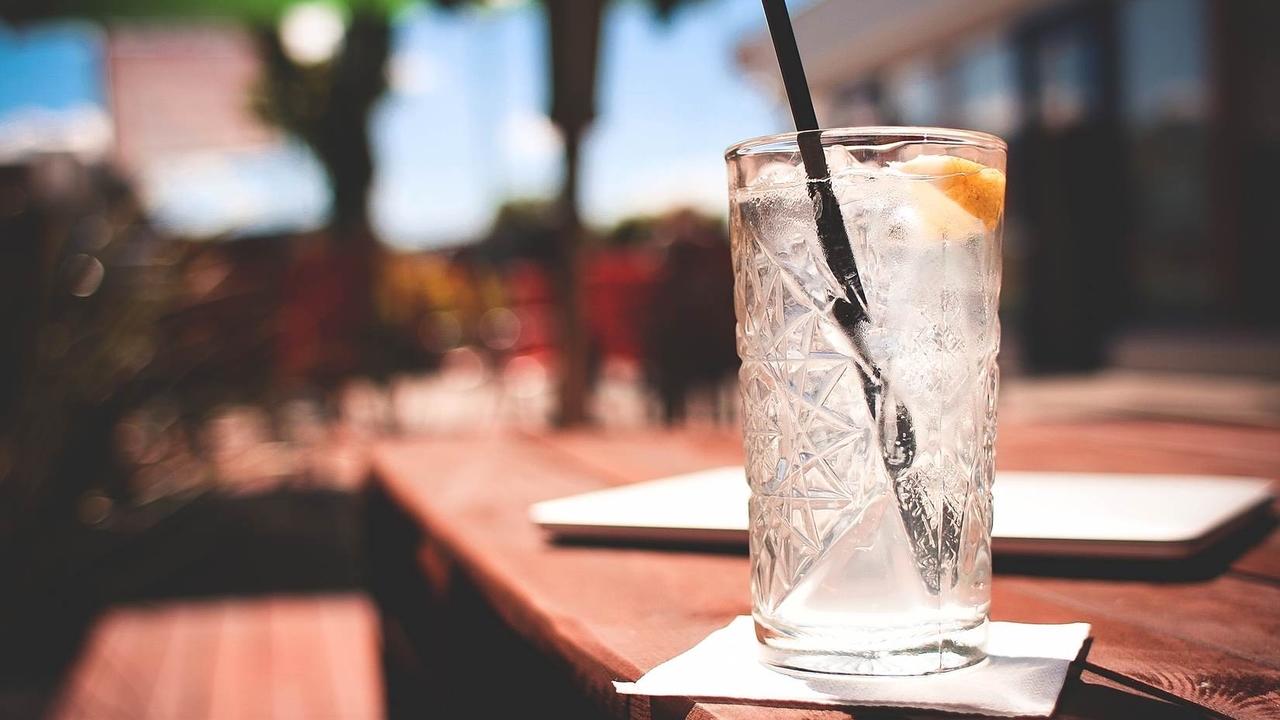
Water Filters: A closer look
Mar 14, 2016In the last few weeks, I have been invited by many radio shows to talk about water. Understandably, the Flint, MI water crisis has ignited a growing concern about contaminants in drinking water and in our environment.
Yesterday, I continued my dialogue with Matt Kaye of Better Waters on Blab for a more in-depth discussion on water filters. We both agreed that answering the question "should I filter my water?" is similar to asking if you should eat organic foods - people who buy organic foods often do so to reduce their consumption of pesticides and other "contaminants." Similarly, filtering your drinking water will reduce the contaminants that you'll be drinking and cooking with.

Below are notes on finding a water filter that best suits your local water supply.
How do I find a water filter that is right for me?
- If you're on municipal water, then get a free copy of the annual water assessment report. Look for contaminants that were present at levels that exceed the MCL (or the maximum allowable amount of a contaminant in water). It's also a great idea to have a lab test the water in your home (and if you're on well water, then this is an especially good idea). National Testing Laboratories has many test options, and they are very thorough in providing an overview of what to expect, what each test uncovers, and how to interpret your test's results.
- Next, check out reports on NSF.org, an independent organization that analyzes what manufacturers pay NSF to test. (Note: Manufacturers pay for certain contaminants to be tested. So a long list of tested contaminants indicates that a manufacturer paid a lot for the water testing.) Look for water filters that will address the contaminants that are present in high levels in your water.
- Buying filters that are certified by NSF is a good idea, according to Matt.
- Activated carbon filters are generally a good choice. Reverse osmosis filters waste a lot of water, and are not necessary in most cases.
- Matt worked with 3M to develop the water filter, XL7000, which he thinks is good for most municipal drinking water in the US. It was designed to filter approximately 6,000 gallons, which, given the average use of water by an average household, would last you about a year. However, how often the filter should be replaced depends on how contaminated your water is and how many gallons your household uses.

What can I do to ensure that my filter is being used properly?
- Consider the longevity of filters (I.e., how often you should replace them), which depends on the contamination level of the water. As a general rule of thumb, the more contaminants in the water, the more quickly you should replace your filter. If the flow of your water is slower, consider the low water pressure as a sign that it's probably time to replace your filter.
- If you're late in replacing your water filter, note that the "full" filter will probably not contaminate your water.
- Instead of trying to filter hot water, it's best to filter cold water, and then heat it.
Will filters address PFOA in my water?
- Low levels of C8, or PFOA (which has been in the news recently for its presence in some drinking water), can be reduced by some activated carbon filters.
What about other contaminants?
- We have unique vulnerabilities and unique immune systems. Those with special sensitivities should pursue extra research for their unique circumstances.
Will the XL7000 filter out lead from water?
According to Better Waters, "When using a certified lead reduction filter where lead is known to be present in the water, it absolutely is reliable, but the LONGEVITY (number of gallons) is a factor of the amount of lead. So the more lead they have, the more often they should expect to replace cartridges. Since we don't know how much lead any specific household has, we can't offer a guess regarding longevity when used in these circumstances. What we can say is that the XL7000 is rated for 6000 gallons based on NSF certification testing with about 15 ppb (parts per billion, which is the EPA's maximum contaminant level) of lead in the testing water. If their lead levels are higher, then reduce expected longevity accordingly. An average family of four uses about 3500 gallons of cold water in a kitchen per year, if that stat helps."
What's the cost of the XL7000?
- The XL7000 list price (on website) is $489. Matt has generously offered to sell the XL7000 at cost - 50% off ($244.50) - to anyone with a shipping zip code in areas affected by the water crisis.
To pursue Matt's offer, send an email to [email protected], and include "leadMS" in the body of the email or subject line. You will receive an email reply with a coupon code that you can use on the Better Waters website. Or, if you prefer to be called (to complete a phone order), include your phone number in your email, and Better Waters will contact you.
The same generous offer applies to replacement cartridges, too. Matt is offering $50% off of $379, which amounts to $189.50, to those in affected areas.
🎁 unlock your ULTIMATE HOME DETOX™ starter pack
Download the Ultimate Home Detox™ Starter Pack—your free set of practical, science-backed tools to begin reducing toxic exposures in your everyday life.
- Nontoxic Cleaning Guide
- Forever Chemicals Detox Starter
- EMF Detox Challenge
- Safe Cookware Starter Kit
- Kitchen Detox Checklist
- Fertility / Pregnancy / Children's Detox
Join 349,000+ people who’ve turned to Ruan Living for trusted, practical nontoxic guidance. These resources have helped thousands begin their journey toward a healthier home—and they’re yours, free.
GET YOUR ULTIMATE HOME DETOX™ STARTER PACK NOWWe hate SPAM. We will never sell your information, for any reason.


